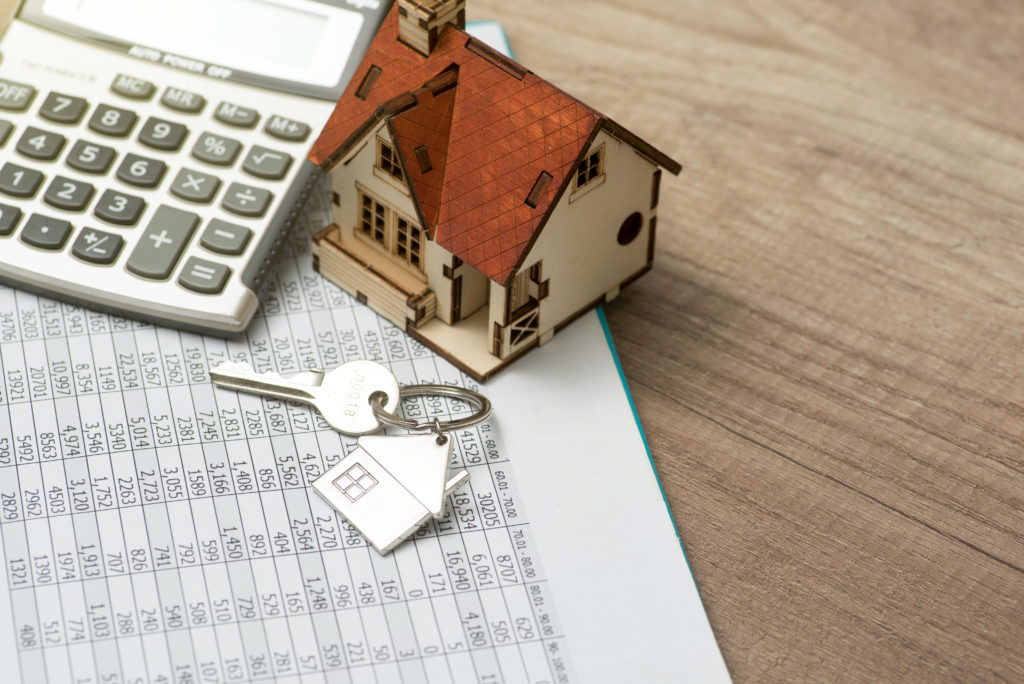
Buying your first home can be a daunting prospect. Deciding on what you want in a property, finding the finance, dealing with solicitors and surveyors, and moving in can all take their toll on your stress levels. Buying a home is one of the biggest financial investments you will make in your lifetime and is up there with marriage, divorce and bereavement in terms of stress levels. However, it does not need to be like this. If you plan carefully, get the correct finances in place and know your limits, then it can be plain sailing.
There are no guarantees when buying a home. You will experience feelings of excitement, stress, disappointment and relief throughout the process so be prepared. It is normal that you will view many properties before you find the one that is right for you.
A good place to start is by contacting a mortgage provider to get this sorted from the outset. Once you have the finances in place and you know what you can afford to borrow and spend, then the process becomes all the easier. Do not be intimidated by the process and the red tape. Think of everyone you know that owns a property. If they can do it, then so too can you. If finance is the biggest worry for you, which for many first-time buyers this is the case, then remember that there are a number of schemes available to help you. Contact your local council for information on the affordable homes scheme or the shared ownership scheme. These are helpful schemes set up to help people to get on the property ladder.
How do I finance a property purchase?
Be realistic. You will need to save unless you are fortunate enough to have parents or family members with cash enough to help you out. The greater your savings, the more attractive you will be to potential mortgage lenders. If you have a decent deposit, you will be in a much better position financially. It also demonstrates to potential lenders that you have the capacity to save money and are organised financially. With regulations around 100% mortgages becoming tighter and tighter, this may not be an option for you so get saving now. You should also remember that high loan to value mortgages are likely to be more expensive to you in the long run. Your mortgage advisor will advise you on the best available options specific to you and your financial situation. Every case is different, so talk to as many providers as possible to get the best mortgage product for you.
Can you get help from your parents?
Parents are increasingly featuring as a source of financial assistance for first-time buyers. Parental help can come in the form of direct financial assistance or by going guarantor on a mortgage loan. Many buyers are now looking to their parents for help and some parents are responding well to this option, possibly as an investment in their own future or simply as a way of assisting their "kids" in getting on the property ladder. Your parents may also be more than willing to help you out if it means getting you to finally move out.
Buying with Friends
Another option for many first-time buyers is to buy with a brother, sister, or friend. This is another option you can talk to your mortgage provider about. It might be a good idea to live with the other person before agreeing on such a big financial investment as you may find out that you do not get on at all. If you decide to go down this road, you should make sure to get a legal document drawn up outlining each party's rights and obligations relating to the property. What happens if one you decide that you want to sell up and move on? Who is going to fund the deposit? What will happen if one of you cannot finance the mortgage repayments due to unemployment? Who owns what and what belongs to whom? If you can sort all these issues out from the outset, then buying with others could be a viable option for you.
About the Shared-Ownership Scheme:
The Shared Ownership Scheme is aimed at people in Ireland who cannot afford to buy their entire home in one go. It allows you to buy a proportion of your home to begin with, increasing that proportion in steps until you own the whole house. Whilst you are buying a portion of your home, ownership is shared between yourself and the local authority and you make payments on a mortgage for the part you own and pay rent to the local authority for the other part at a rate of 4.3%. Once you have been approved in principle for shared ownership by the local authority, you can start looking for a new or existing house or build a new house. Your local authority may also have homes for sale under the scheme at a discount from market value. The home must be suitable for your needs, meet certain minimum standards and be acceptable to the local authority. If the local authority considers that you can afford the mortgage repayments and the rent, it will buy the house/apartment and grant you a shared ownership lease.
About Mortgages
- Mortgage Types: The most common type of mortgage is an Annuity Mortgage or a Repayment mortgage, where you take out a loan for a fixed period of time and pay off the loan plus interest in monthly installments.
- Interest-only mortgages: Your monthly repayment covers only the interest on your loan and not the capital. The original amount you borrowed stays the same for the term of the mortgage. At the end of the term, you must repay the original loan in a lump sum.
- Interest rate options: Use the annual percentage rate (APR) to compare the many mortgage interest rates on offer. This is the yearly rate of interest and includes all of the costs involved, such as set-up charges, the term of the loan and the interest rate. The APR gives you a better indication of how much your mortgage repayments will be and provide a better indication than the rate.
For information on mortgages from some of the top mortgage providers in the market, check out the Mortgages section of MyHome.ie. You can get an online quote directly from a number of mortgage providers on the site.




